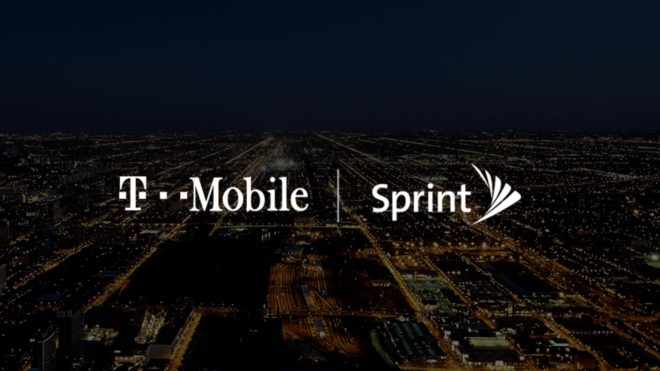
One of the big questions people have had about T-Mobile following its acquisition of Sprint is when T-Mo is planning to shut down the old Sprint network. This week we got a bit more info on that matter.
T-Mobile CEO Mike Sievert says that the shut down of Sprint’s network will really get underway in 2022. Speaking at the UBS Global TMT Virtual Conference this week, Sievert said T-Mobile has already turned off Sprint’s network in some places, but that we’ll see it happening more in 2021 and especially in 2022.
Here’s the key part of Sievert’s response to the question about the Sprint network shutdown:
“We’ve already done some on an isolated basis, but this is mostly a 2021 and 2022 endeavor. And by the — in between those two, mostly 2022 because the actual decommissionings to your point, the premise of your question, it sounds like you understand it well. The actual decommissioning happens very late in the process.
“And so think of it more as 2022 than 2021, but you’ll see a lot of it happening through both calendar years. And this is really great. We’ve done this before. This part — this is different, of course, but this part is exactly like what we did with Metro and to where we go build that capacity on the destination network, start dynamically moving the traffic over. And then when — in each area when you’ve got enough of the traffic moved and you believe you can carry it all, you go ahead and shutdown the prior Sprint legacy network.”
T-Mo has already been repurposing some of Sprint’s network to aid in its rollout of 2.5GHz 5G, but it’ll be a while before T-Mobile is able to shut down the old Sprint network completely. That’s not a huge surprise considering that Sprint said it had more than 50 million customers earlier this year before it was acquired by T-Mobile. It takes time to communicate to customers what’s happening, make sure they’ve got a device that’ll work on T-Mobile, and so on.
Speaking of 2.5GHz 5G, Sievert also gave an update on T-Mobile’s deployment of 2.5GHz 5G. He reaffirmed that T-Mobile is on track to cover 100 million people with 2.5GHz 5G by the end of 2020, with that number expected to double to 200 million by the end of 2021.
Via: Light Reading
Source: Seeking Alpha
